Journalists for Transparency (J4T) is a collective of journalists and storytellers that seeks to explore issues of transparency and corruption around the globe. J4T is an initiative of the International Anti-Corruption Conference.
East Goes West, Unfair Trade, Spoiled, Corruption and Poaching, Trafficking in Impunity and other upcoming collaborations are supported by the German Development Corporation (GIZ).
The Built to Fail collaboration is supported by the United States Department of State.
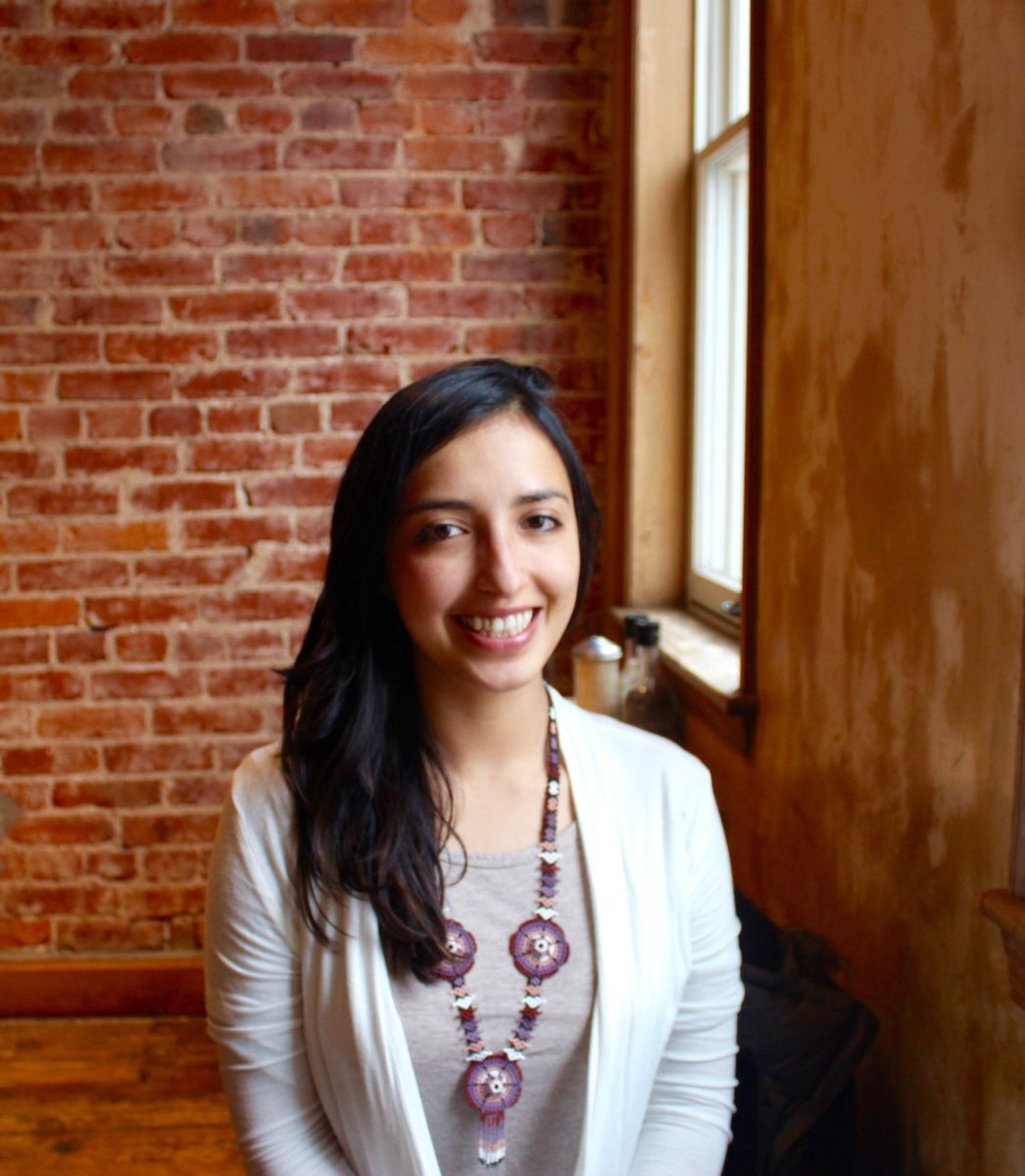
Corruption is always a choice. As a journalist, I have decided to fight it and work towards honesty, freedom and justice.
Andrea Arzaba
Andrea Arzaba is a Mexican journalist and an international media consultant. She has covered gender, travel and climate change as an independent journalist. Her work has been published in National Geographic, Animal Politico, Global Voices Online, among other media outlets. She holds a master’s degree in Latin American Studies from Georgetown University.
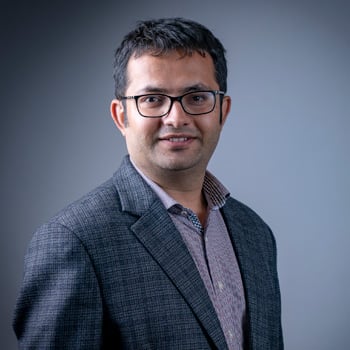
Corruption is like a virus in developing countries and it’s spreading rapidly. Whether it’s individual or grand corruption, it will unlimitedly affect the people. That’s why I report on corruption to make people aware what’s happening under the table.
Rajneesh Bhandari
Rajneesh Bhandari is an independent multimedia journalist, investigative reporter, and filmmaker currently based in Kathmandu and South Asia with 12 years of experience. His multimedia work on different issues have appeared in The New York Times, National Geographic, Aljazeera, AJ+, BBC Reel, Contrast VR, NPR, Fusion, Huffington Post, Los Angeles Times and other outlets as well.
He has worked as the Multimedia Editor of European Journalism Center supported news website and data/multimedia editor for the Journalists for Transparency’s investigative reporting website J4T.org. Rajneesh worked at Nepal’s top Kantipur Television Network (KTV) for seven years before moving to independent journalism. His best-known investigative story that was aired on KTV showed how some of the lawmakers were misusing their diplomatic passports. That story won him an award at the KTV. He studied investigative reporting, data journalism and documentary filmmaking at the Walter Cronkite School of Journalism. He graduated in Multimedia Journalism from Ateneo De Manila University and has earned a Master’s in Mass Communication and Journalism and Political Science from Tribhuvan University in Nepal.
He has conducted multimedia reporting training for South Asian journalists with International Center for Journalists and other local journalists on topics ranging from video journalism to reporting with social media. He teaches multimedia application, online media, and television production at colleges in Nepal. He also coordinates Media Gufa, an experiential event where journalists report news stories using social media, isolated in a room for 72 hrs. He was awarded Online News Association’s MJ Bear Fellowship for his contribution towards digital journalism in Nepal. He is a Fulbright Humphrey alumnus.
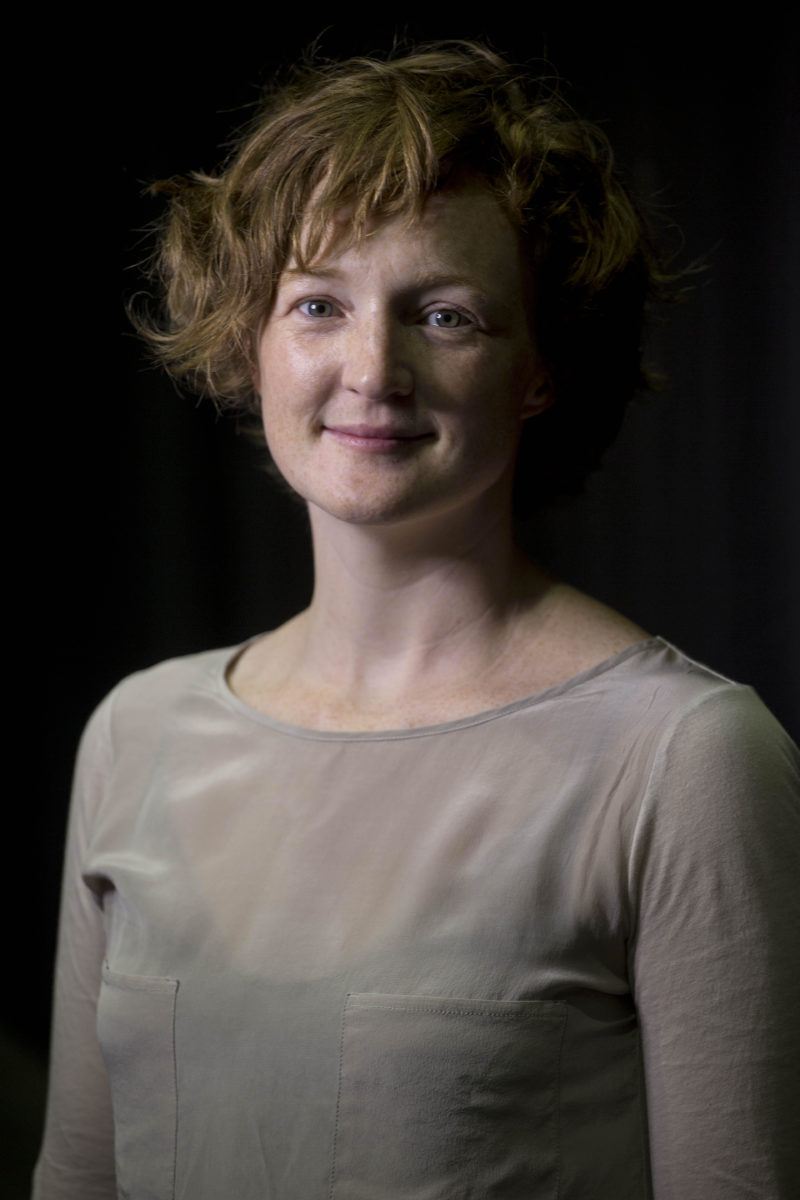
Migrants choosing to leave their own countries are often desperate and will sometimes take huge risks with their own safety. Sadly there’s also no shortage of people prepared to take advantage of them en route.
Laura Dixon
Laura is a British freelance journalist based in Bogotá. She writes for The Times and News Deeply and has been published by The Guardian, The Financial Times, the Atlantic, and Mongabay. While in Colombia she has written about the peace process with the Farc, the psychological impact of war on young children, landmines, the TV series Narcos and the environment. She was a 2016 fellow with the International Women’s Media Foundation, and has previously received the Financial Times’s Sander Thoenes Award for young journalists with an interest in emerging democracies and the CSIS’s transatlantic media fellowship to travel along the US-Mexico border.
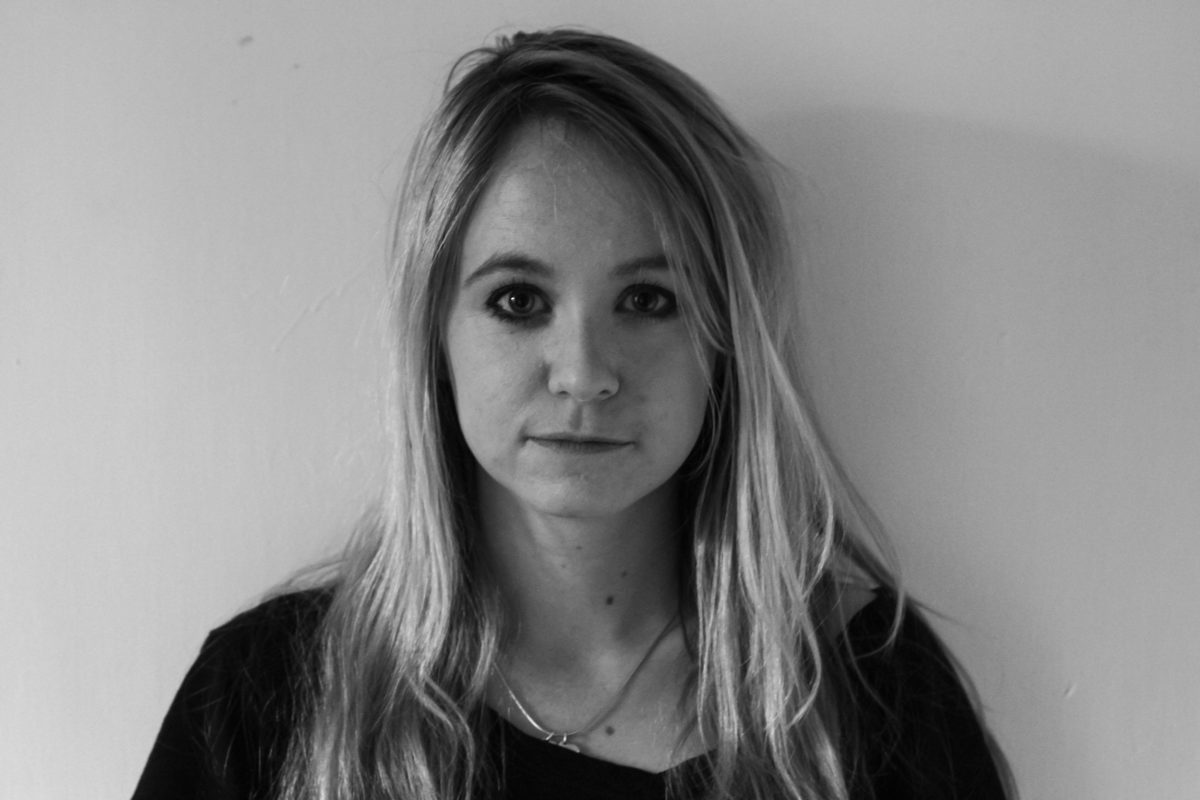
“Corruption hurts the world’s marginalized people the most. As journalists, our job is to shine light on hidden injustices, so corruption is a difficult but important target.”
Sally Hayden
Sally Hayden is a multimedia journalist based in London. She has worked for outlets including VICE, VICE News, BBC, CNN, the Financial Times and the Thomson Reuters Foundation, and reported on migration, conflict and refugee issues in countries including Syria, Iraq, Nigeria, Ethiopia, Jordan, Rwanda, Sudan and Lebanon. She was an IACC fellow in 2016.
Leonie Kijewski
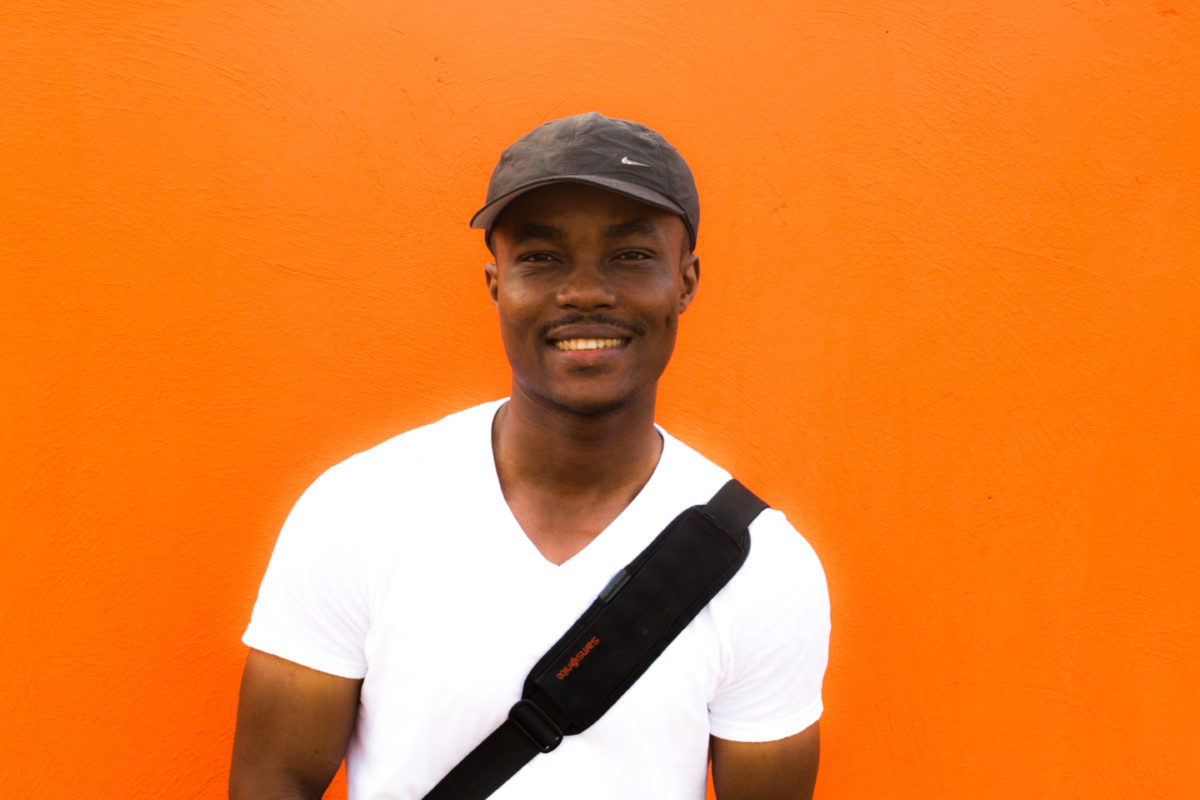
Selase Kove-Seyram
Selase Kove-Seyram is a journalist and digital content producer based in Accra, Ghana. He reports on human rights, anti-corruption, technology, public policy and African affairs – often using a combination of words, photographs, video, audio and interactive graphics. Selase completed a Masters in Journalism (Digital Media option) at Columbia University in the City of New York and also holds a diploma in Development Journalism from the Indian Institute of Mass Communication, New Delhi. In journalism, he specializes in the production of investigative current affairs documentaries, many of which involve secret filming and dogged investigations in different environments. He’s a member of the production team for Africa Investigates, a documentary series on Al Jazeera.He has worked independently for the New York Times, ZAM magazine (Netherlands), the Caravan (India), Uptown magazine (USA), Al Jazeera, Stink TV (UK), CBS (New York), Quartz, Insight TWI, and the Rada Film Group (Brooklyn, New York).
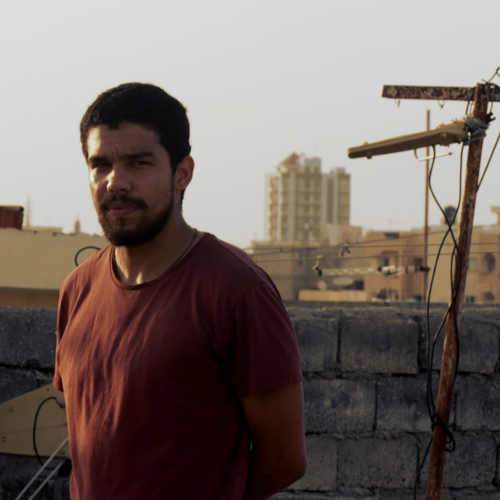
Denouncing wrongdoing and corruption is not only a task of investigative journalists but a moral obligation we all should stick to, despite the worst odds.
Pedro Noel
Pedro Noel, Brazilian, lives in the intersection between ethically oriented investigative journalism and human-rights, technological circumvention tools and human sciences. Graduated in philosophy at University of Salamanca, Spain, he is co-founder and editor at the Associated Whistleblowing Press, a non-profit based in Belgium, where he took part in more than 45 publications, based on leaked information, denouncing wrongdoing, abuse and human rights violations in Iceland, Spain, Ecuador and Mexico. Since 2011, Noel trained more than 100 investigative journalists worldwide on how to digitally protect their reporting and sources. He is currently an “Orlando Sierra” fellow at the Office of the Special Rapporteur for Freedom of Expression at IACHR.
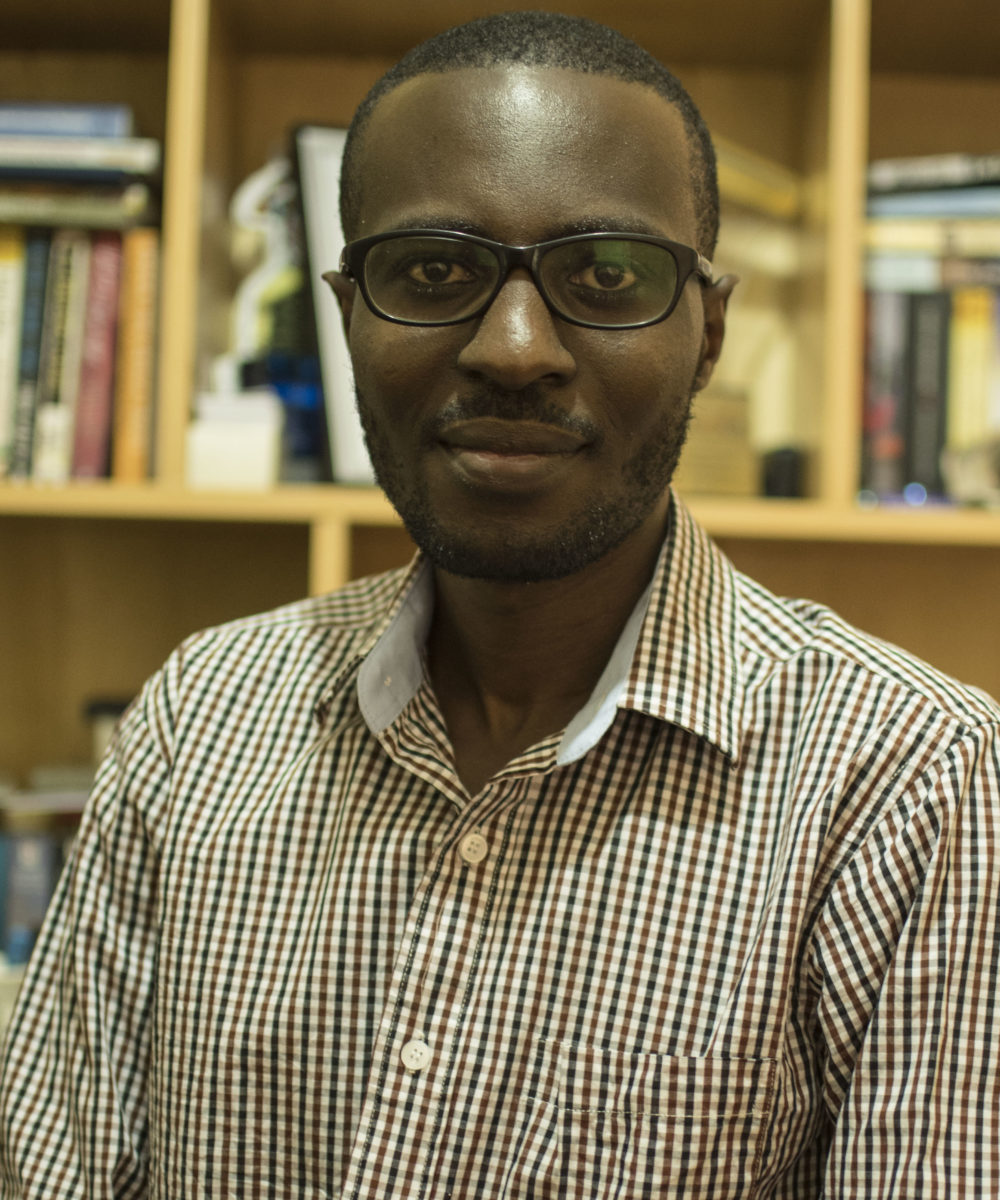
Maurice Oniang’o
Maurice Oniang’o is a versatile award-winning Freelance Multimedia Journalist and Documentary Filmmaker based in Nairobi, Kenya. He has produced content for various platforms such as Al Jazeera (AJ+), KTN, NTV, Africa.com among others. Maurice has received extensive training on documentary making and in-depth feature writing. The trainings and fellowships include; Investigative Journalism (RNTC- Netherlands), Investigating Wildlife Crime (National Geographic), Investigate 101 (Africa Uncensored), Financial Journalism (Bloomberg Media/Strathmore University), and he is also a National Geographic Explorer. He has won various awards including: Environmental Reporter of the year TV- AJEA, Thomson Foundation Young Journalist of the Year (FPA), among others.
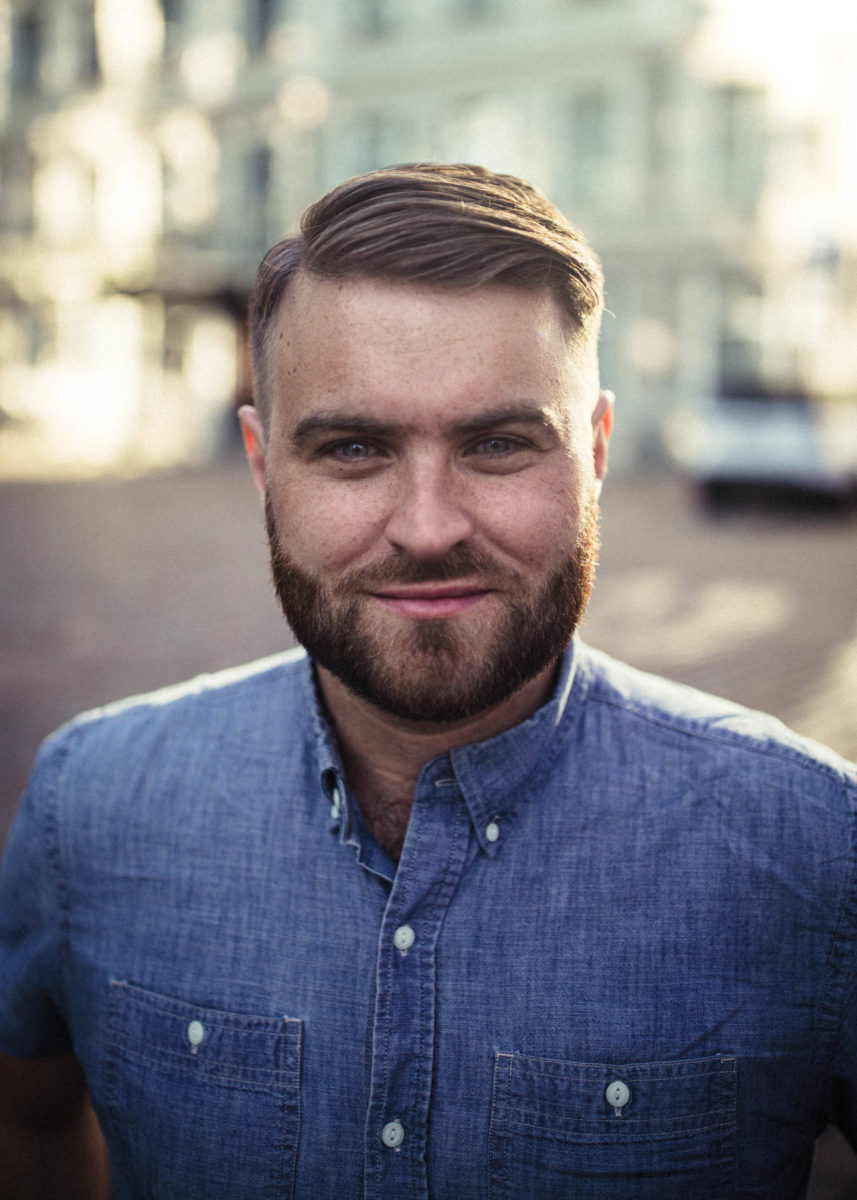
Good government and strong markets lift countries from poverty, and eliminating corruption is the most important step for both to deliver effective products and services.
Ryan Patch
Ryan Patch is a film writer, director, and producer based in New York City and Washington, DC.
Ryan’s documentary work includes such diverse projects as directing Back From the Brink, a film about an indigenous people’s recovery from alcoholism, editing & producing the feature music documentary The Sea In Between, and numerous other short communication projects.
He is the owner of Storytellers Ink, a production services company, and co-founder of Bitter River Film & Media, a production company dedicated to emerging forms of narrative.
When Ryan’s not writing or directing narrative, documentary, or commercial projects, you can find him scoping out the best grilled cheese in the five boroughs, rock climbing, or pouring a bourbon-heavy cocktail.

Julieta Pelcastre
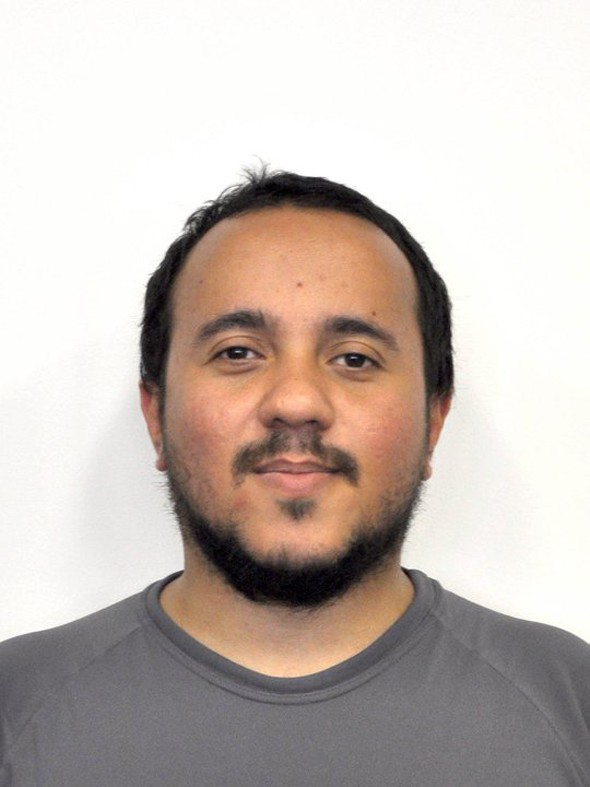
Corruption kills. As journalists, we give a face and a name by telling their stories, and we can call for a response.
Mauro Pimentel
Mauro is a Staff Photojournalist for AFP based in Rio de Janeiro, Brazil. In the past, he’s worked for AP, AFP, Folha de S. Paulo, Estadão, El País, El Mundo, Huffington Post, Vozerio, Veja, 5W, Mongabay and UOL in Chile, Uruguay, Argentina, South Africa, United States, Panama and Cuba. From 2012 to 2014 he worked at the Terra Networks news desk in Rio de Janeiro.
2013 | Best Photography | Tim Lopes Investigative Journalism
2015 | Honorable Mention | Capture Corruption: Global Photo Competition
2016 | Fellowship | 17th IACC Young Journalist Initiative from Transparency International
2016 | AP Monthly Staff Photo Contest | September | Silvia Izquierdo, Mauro Pimentel, Leo Correa and Felipe Dana in Sports Photography for “Paralympics.”
2017 | Third Place Sports Individual| | Pictures of the Year Latam (POY Latam)
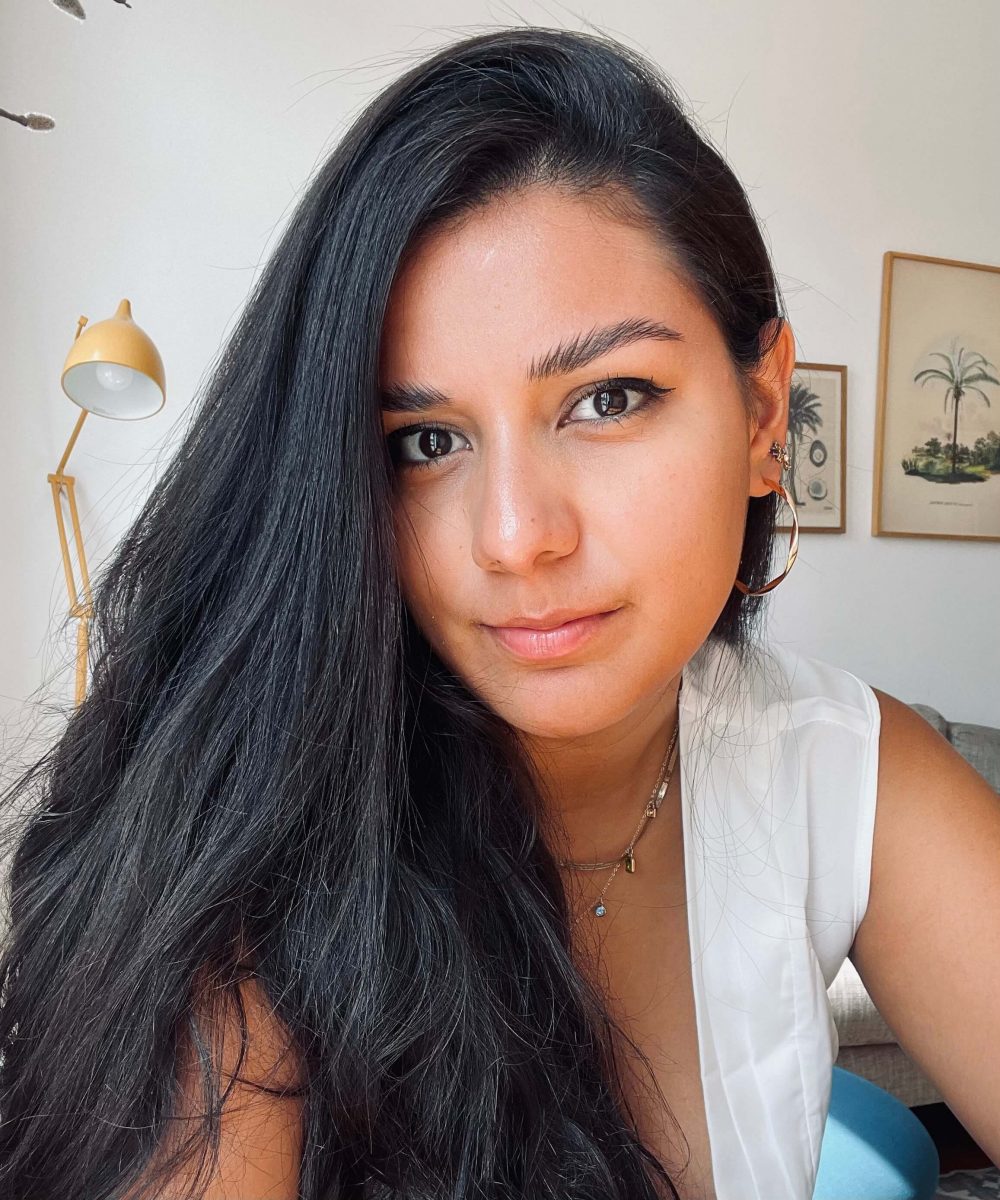
Gabriela Ramirez
Gabriela Ramirez is an award-winning multimedia journalist collaborating across borders to craft compelling narratives. Specializing in migration, human rights, ocean conservation, and environmental issues. She is also the Head of Multimedia and Engagement Editor at Unbias The News and Hostwriter. Gabriela was an IACC Fellow in 2022
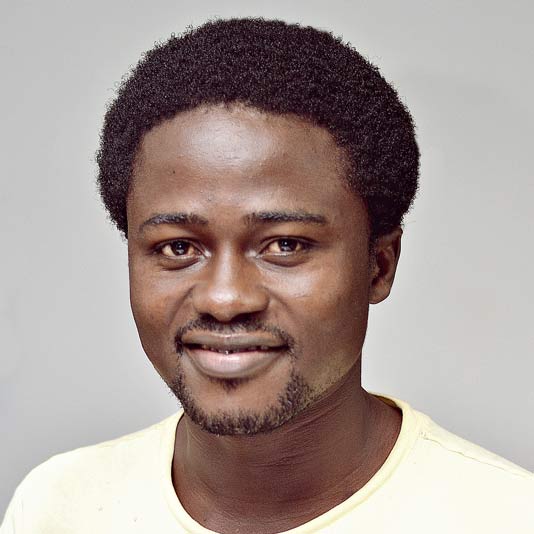
“The splattered wryness on the face of that little poor child, reporting corruption could translate to eliminating such expression.”
Yinka Adeparusi
Yinka Adeparusi is an international award-winning photojournalist with National Mirror newspaper in Lagos, one of the most widely read newpapers in Nigeria. Before joining National Mirror, he has interned with The Punch and NewAge newspapers as a reporter and photojournalist.
A graduate of Lagos State University School of Communication where he bagged double honours in Photojournalism and Cinematography, he is a multiple award winner whose works expose the ills of his immediate environment and society at large, with a special lens for recording the ‘why’ frames. His work centers majorly around human rights abuse and social exclusion, and with special attention on the rights of children.
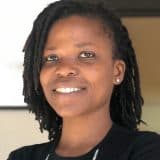
Damilola Banjo
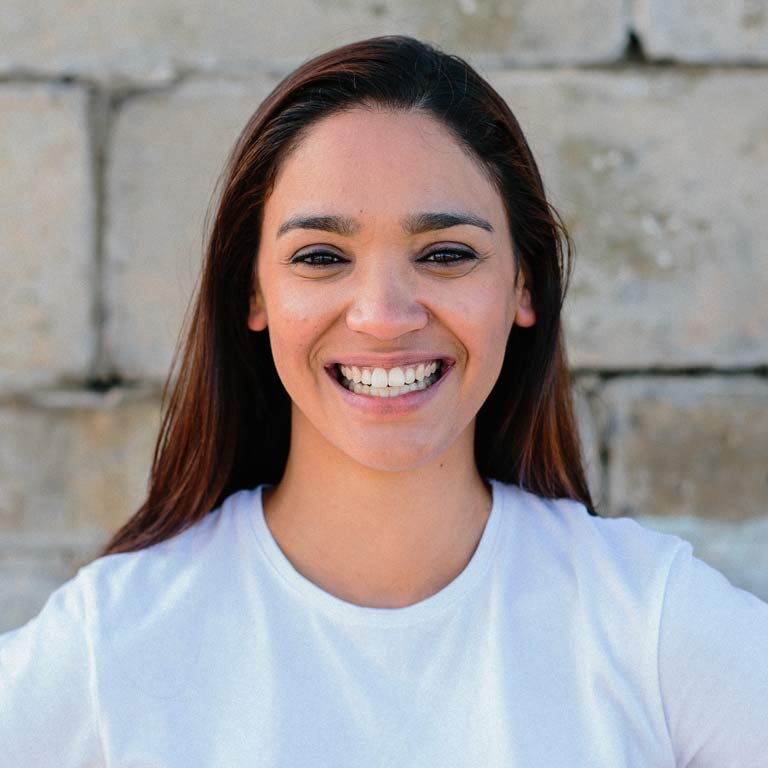
“As a responsible citizen, fighting corruption is about the little things – like saying no to policeman wanting you to slip him a few notes so that you won’t get a traffic fine. As a journalist, it’s about holding those in power accountable, and giving a voice to those who suffer because of corrupt behaviour.”
Yolaan Begbie
Yolaan Begbie is a South African journalist currently based in Dubai, UAE. She is the Founder of San Media, a production company that produces Africa-focused multi-media content, and currently holds the position of Senior Editor at Africa.com.
Prior to completing her masters at Columbia University’s Graduate School of Journalism in 2012, she worked as an on-air reporter for eNCA, South Africa’s first 24-hour news channel.
Yolaan holds a Bachelor of Arts (BA) degree in Film and Media Studies from the University of Cape Town (UCT) and a Bachelor of Philosophy (BPhil) degree in Journalism from Stellenbosch University. She is also a CNN Journalism Fellow (CJF).
For this project she returned to her hometown of Cape Town to report on the impact of the country’s recent fishing permit allocation on the local fishing communities.
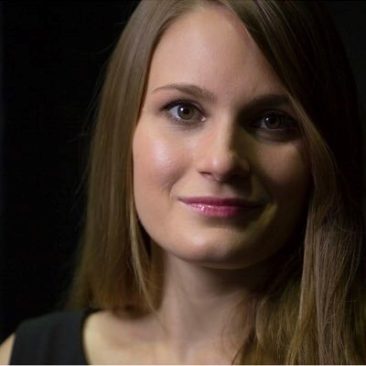
Kait Bolongaro
Kait Bolongaro is a freelance reporter currently based in Europe. A journalist for the past six years, her work has been published by Al-Jazeera English, BBC, The Guardian, NPR, VICE and the Middle East Eye. She covers politics, science, business, human rights and the environment from Europe, Africa, Asia, the Middle East and Latin America. In 2016, her coverage of Down Syndrome received an award for science reporting from the World Health Summit and the Pulitzer Center for Crisis Reporting. Kait was also a fellow with the International Women’s Media Foundation reporting on politics and civic engagement in the Democratic Republic of Congo.
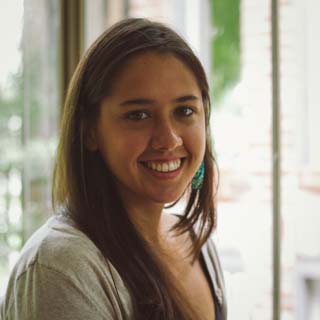
I fight corruption to give those affected by it a voice, to empower the powerless.
Maria Paula Brito
Paula is a Peruvian journalist passionate about human rights and investigative journalism. She earned her bachelor’s degree in political science in Peru and obtained a master’s in Media and Communications from the London School of Economics. Driven to cover corruption, human rights violations, religious conflicts and ethnic disputes Paula’s next journalism endeavor will take her to Cambodia where she will be reporting for the Cambodia Daily.
Paula has published articles related to the environmental impact of the extractive industry, indigenous rights and social conflicts in Peru, she has worked with CONNECTAS an investigative journalism initiative in the Americas, at the Peruvian Press Council delving into issues of media ethics, and most recently at NPR’s D.C. headquarters where she built skills in radio production that she’ll take with her to South East Asia.
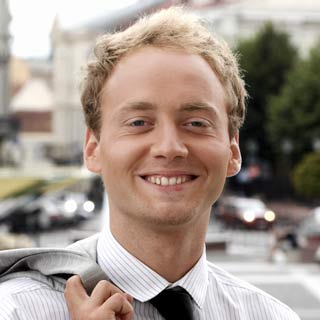
Corruption is a shortest way to the downfall of a community, country and the whole world.
Domas Burkausas
Domas is a Lithuanian journalist, media project manager and university tutor, based in Vilnius. Domas as been working in various TV projects for more than 10 years, mainly focusing on social and economical issues.

“Systems built on corruption flourish because of complexity and apathy. It is the job of journalists to pull away the layers of complexity so the victims of corruption have the knowledge and confidence to demand more for their communities.”
Stephanie Burnett
Stephanie is an American multimedia journalist based in Hong Kong, currently producing videos and writing for TIME.com. She was previously Country Profiles Editor for Transparency International in Berlin. Stephanie has a master’s degree in journalism from the University of Hong Kong.
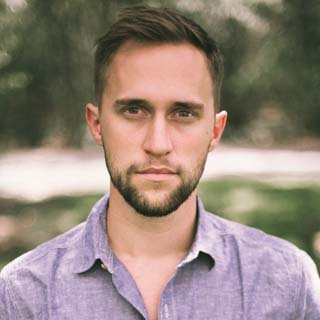
Good, uncorrupt governance unlocks the power of policy, legislation and the infinitely creative human spirit.
Jimmy Chalk
Jimmy Chalk is a visual journalist based in Rio de Janeiro, Brazil. He is a frequent contributor to The New York Times, ESPN, CBSNews, GlobalPost and Al-Jazeera and is a founding member of the New York City arts collective and production company Nomadique.
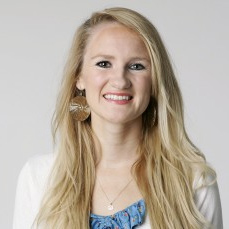
Corruption thrives in climates of impunity. As journalists, we have the opportunity and responsibility to shine a light on corruption — undoubtedly the first step in chipping away at that impunity and helping our communities hold power responsible.
Anna Therese Day
Anna Therese Day is an award-winning independent journalist and social media researcher. She is a 2013 Fulbright Fellow, a 2012 UN Press Fellow, and was named one of Google Zeitgeist’s top 30 Great Young Minds of Our Time in 2011. The Shorty Awards for Social Media recognized her as one of the Top 10 journalists of the Year at their 2013 and 2014 awards.
On the ground in Bahrain, Brazil, Egypt, India, Israel, Jordan, Lebanon, Libya, Mexico, the Palestinian Territories, Syria, South Sudan, and Turkey, her coverage focuses on American foreign policy, women’s issues, and youth organizing. Her work has been featured in a variety of media outlets, including CNN, Al Jazeera English, CBS, and numerous print outlets, translated into Arabic, English, Hebrew, and Spanish. Day is a founding board member of The Frontline Freelance Register, a representative body for freelance conflict journalists organized by freelance conflict journalists.
Patrick Egwu
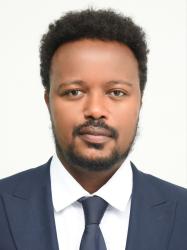
Ashenafi Endale
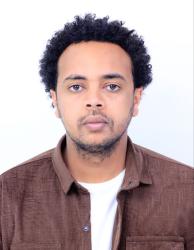
Kaleab Girma
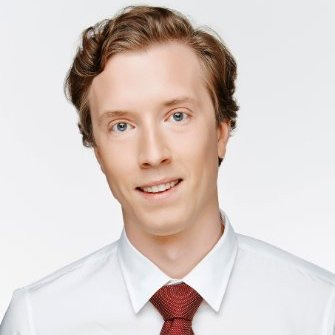
Reporting on corruption is critical so that citizens can hold people in positions of power to account.
Ryan Hicks
Currently reporting for the Canadian Broadcasting Corporation (CBC) out of Winnipeg, Canada, Ryan is a cutting-edge storyteller who reports across all platforms (television, radio, digital, and social media).
His passion lies in telling original stories, breaking news, and going wherever they take him. He’s reported from around the world and across Canada. He was also a producer for Canada’s most-watched political television program, CBC’s Power and Politics with Evan Solomon. He is as comfortable reporting from a major, international city, as he is from a fishing boat off the shores of Atlantic Canada. Whether it is in Rwanda’s sprawling backcountry, the center of Rio de Janeiro, or the potato drills of Prince Edward Island, Ryan focuses on the heart of stories and telling them in innovative and creative ways.
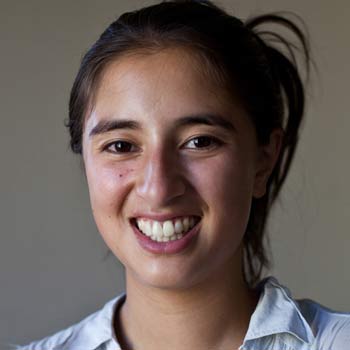
Une histoire de passion, de motivation et de rencontres. Un début, un apprentissage mais aussi une voie choisie.
Virginie Nguyen Hoang
Graduated in Journalism at IHECS (Institute of High Studies of Social Communications in Brussels), I’ve also attended a semester at the Danish School of Media and Journalism in order to accurate my formation in the field of photojournalism.
I am based in Cairo and currently a contributor for the studio HansLucas and contributor for Agence France Presse (AFP)
Since August 2011, Frederic Pauwels, Gaëtan Nerincx and I have created the Collective HUMA that emphasizes social issues and puts forward a humanist photography.

Ghazala Irshad
Ghazala Irshad is a multimedia journalist focused on diversity, women’s rights, refugees, Muslims, and the Middle East. She is also a social media strategist with experience in the advertising and public relations industries. Ghazala has eaten and Instagrammed her way around the world with the UAE-produced travel show Peeta Planet. She also tweeted the Arab Spring from Egypt, and taught photography and English to refugees from around the world, including Southeast Asia and the Middle East. Her work has appeared in The Guardian, Gawker, Roads & Kingdoms, and more.
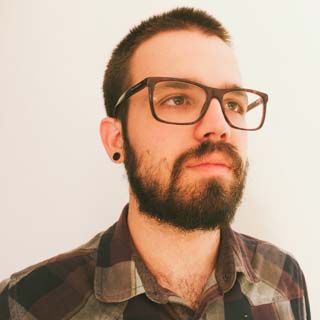
Corruption is the worst and most visible face of the destructive influence that corporations can have in public institutions.
Piero Locatelli
Piero Locatelli works since 2012 as a reporter in one of Brazil’s foremost magazines, CartaCapital. He studied journalism at Universidade de São Paulo and has been covering politics since 2008, working in two of the biggest Brazilian news websites: iG and UOL. He also reported based in China, where he studied for 6 months. Last year, he wrote a book about the Brazilian protests in Brazil, #VemPraRua.

Brandy Miller
Brandy Miller is a freelance journalist, photographer and editor based in Brussels, Belgium. A native of California, Brandy studied International Relations and German Studies at Lewis & Clark College and the University of Munich. She is a Fulbright Scholar Alumnus, focusing on transatlantic relations, linguistic diversity and social inclusion policy.

Aminul Islam Mithu
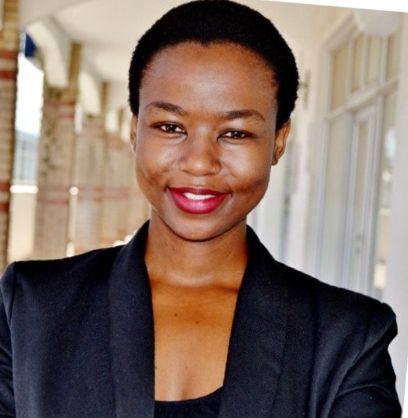
Wandiswa Ntengento
Wandiswa Ntengento is a South African journalist reporting on politics, crime and business. Ntengento spend six months working at the BBC’s Johannesburg bureau and previously worked as a freelancer for various online publications. She currently works at African News Agency as a reporter. She is a 2015 alumni for two Thomson Reuters Foundation courses and a 2015 fellow for the International Women’s Media Foundation. Ntengento was a candidate for a media dialogue on multilateral trade in Southern Africa organized by the World Trade Organization and Friedrich Ebert Stiftung. She is currently a candidate for the 2016 Bloomberg Media Initiative Africa program on financial journalism.
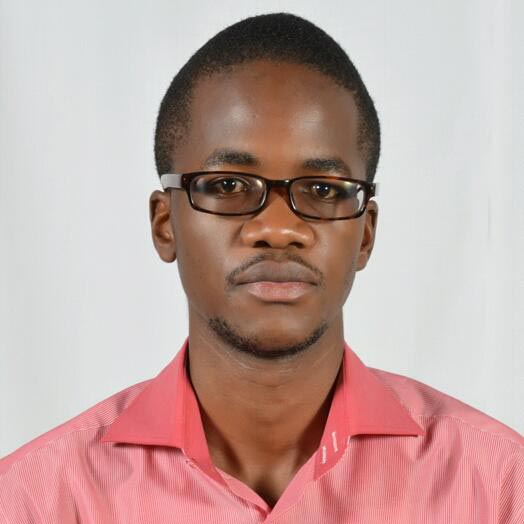
Andrew Ochieng
Andrew Ochieng is a 30-year-old journalist at East Africa’s largest media house, Nation Media Group, and reports for NTV-Kenya, where he likes to focus on features and environmental stories. He started out as a trainee reporter at Kenya’s Citizen TV in 2009. Andrew studied journalism at the United States International University-Africa. He has covered stories on elections, politics, corruption, health, wildlife and climate change. Ochieng was a finalist for the 2014 Thomson Foundation Young Journalist from the Developing World Free Press Association award.
Tolu Olasoji
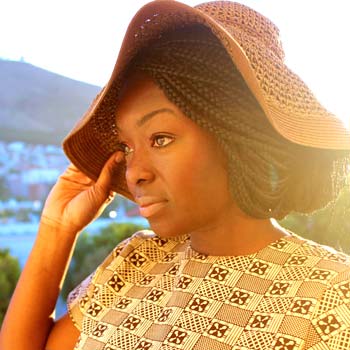
Corruption kills the growth and the spirit of our world and our people, so those of us who can fight it, must.
Bolanle Omisore
Bolanle Omisore is a Lagos, Nigeria based journalist and has contributed to a number of publications from National Geographic.com to The Africapitalist magazine to NPR. She covers international energy and business news from the African continent. She is also a 2013 McCloy Fellow, and a 2011 International Reporting Fellow for the International Center for Journalists. Before attending graduate journalism school at New York University, she worked with both The New York Times and ABC News. A native of Tampa, Florida, she is a graduate of Howard University.
Zanji Sinkala
Aung Naing Soe
Amanda Sperber

Jyoti Thakur
Linus Unah
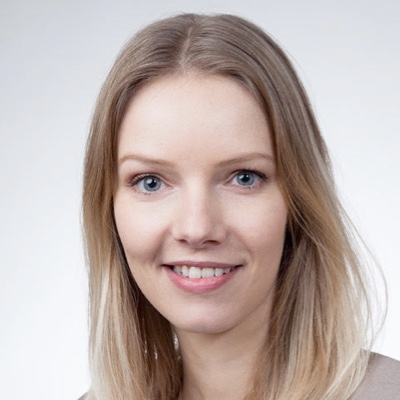
Anrike Visser
“In 2018, Anrike founded Global Ground Media, an online publication for investigative journalism in Asia. Global Ground Media (GGM) works with 25 journalists and photographers across Asia on underreported issues. GGM especially focuses on Do No Harm and solutions-oriented approaches in journalism. GGM received financial or in-kind support from Free Press Unlimited, Transparency International, Google News Initiative, News Impact Academy, the Solutions Journalism Network and the Civil Media Company.
Previously, Anrike worked at the Netherlands Authority for the Financial Markets (AFM) as a financial crime investigator. At the AFM she specialised in derivatives trade at banks and illegal investment products. She also applied her anthropological skillset in cultural transformation projects at the major banks and insurance companies of The Netherlands. She graduated as a special investigative officer (‘buitengewoon opsporingsambtenaar’) at the Fiscal Information and Investigation Service FIOD in 2014.
GGM also offers training on digital and physical safety, and investigative journalism including illicit finance investigations. Anrike trained researchers and journalists in investigative techniques at seven Myanmar media organisations including Frontier Myanmar, Myanmar Now, Mawkun magazine and Irrawaddy.
And she worked with grantees of Deutsche Welle Akademie and International Media Support on financial sustainability. Through training and collaborative coaching, community radio projects worked on developing sustainable business models, becoming donor-independent and setting up transparent accounting practices. Since 2009, Anrike has worked as consultant in business development of startups and media organisations in Europe and Asia.”

Neha Wadekar
Neha is an independent multimedia journalist reporting across the globe. She reports at the intersections of climate, gender, conflict, health, human rights, emerging democracies, and politics.
Neha’s written and video work has been published in The New York Times, The Washington Post, The New Yorker, The Atlantic, The Wall Street Journal, The Economist, PBS NewsHour, the Los Angeles Times, The Guardian, Mother Jones, CNN, and others.
She has received fellowships from the Pulitzer Center for Crisis Reporting, the United Nations Foundation, the Fuller Project, the Overseas Press Club, the International Women’s Media Foundation, and the Groundtruth Project.
Neha is originally from Boston, MA. She attended Tufts University and received a masters in journalism from the University of California, Annenberg School.
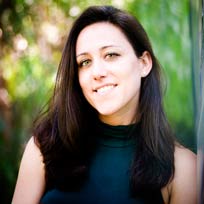
All humans deserve to live in a just, fair society and to have faith in the institutions and people in power.
Jessica Weiss
Jessica Weiss is a bilingual independent writer and journalist based in Miami, Florida. Her work has appeared in publications including The New York Times, The Associated Press and Fast Company Magazine. She is a frequent contributor to the International Journalists’ Network (IJNet), where she provides international journalists with tips and tools to report effectively. She is a 2011 graduate of Georgetown University’s Masters Program in Journalism, where she focused on multimedia storytelling and narrative nonfiction.









